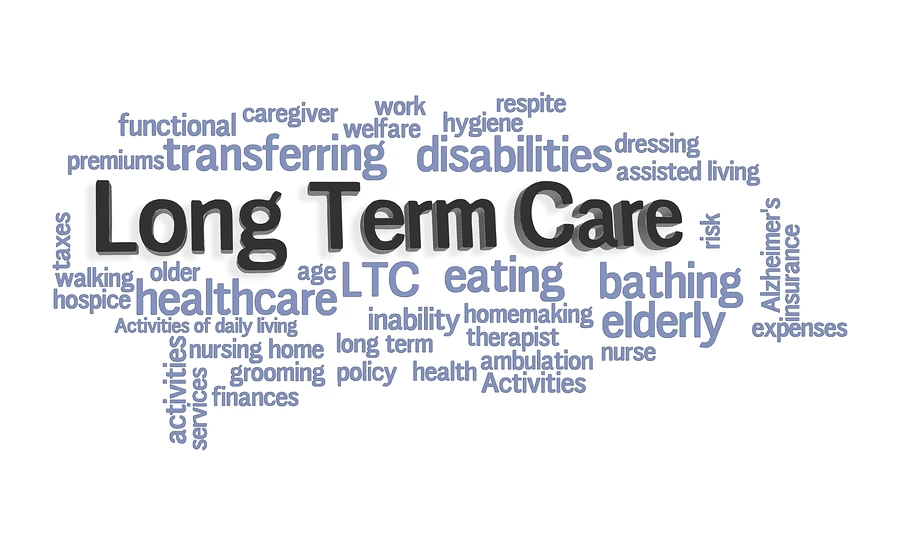What is Long Term Care Medicaid
- Home
- What is Long Term Care Medicaid
What is Long Term Care Medicaid?
Medicaid is a government program that helps seniors and people with disabilities pay for long term care services. LTC Medicaid helps pay for services provided in nursing homes, assisted living facilities (not all states) and home-based care. The rules for Medicaid differ state by state.


Eligibility requirements
To be eligible for Medicaid, applicants must have income and assets below specific thresholds. For a single person, the asset limit is generally $2,000 in most states. If the Medicaid applicant has a spouse who does not need long-term care, the asset limit is significantly higher. The Medicaid income limit varies by state.
Medicaid regulations prohibit the transfer of assets solely for the purpose of qualifying for benefits. The program conducts a thorough review, known as a “look back,” of financial transactions to ensure compliance with asset transfer rules. In most states, this review period extends to five years prior to the application date.
Asset Evaluation and Medicaid Spenddown
Individuals seeking Medicaid benefits often have assets that exceed the Medicaid asset limit. To achieve eligibility, they must reduce their assets to the allowable limit, a process known as the Medicaid asset spend down. Medicaid has specific rules regarding which assets are included in the spenddown process and which are exempt (such as a primary residence or a car in certain cases).
The process of determining the asset limit and Medicaid spenddown is complex and varies by state. This often creates a challenging situation for many individuals. Medicaid planning starts with an assessment of income and assets to identify the optimal spenddown strategy for achieving eligibility.


We’re here to help
The Medicaid application is time-consuming, and the rules and guidelines are complex. Due to the high cost of nursing care, an improper denial can cost you over $15,000 a month. Medicaid caseworkers can be difficult to reach, and they may not prioritize your interests. We handle the Medicaid application, track its review, and advocate against improper denials to reduce stress and confusion for you and your loved ones.
What is Long Term Care Medicaid?
Medicaid is a payment source for those who meet certain medical and financial eligibility requirements. A person must have income and assets below a certain amount. Medicaid will review an applicant’s financial history for five years to make sure that assets weren’t improperly given away to become eligible. This is known as the Medicaid lookback.
For a single person, the asset limit in most states is only $2,000. When a Medicaid applicant has a spouse who does not require long term care, the asset limit is considerably higher. The rules for determining the asset limit for a community spouse vary by state. To be eligible for Medicaid benefits, a person must spend down his or her assets to the asset limit. This is known as the Medicaid spenddown. The rules for determining the asset limit and the Medicaid spenddown are complicated and vary by state. This results in a confusing and stressful situation for many people.
There are many misconceptions about Medicaid. We often hear statements such as:
- I must give away my life savings to qualify for Medicaid.
- Medicare will pay for my nursing home stay, so I don’t need to worry about Medicaid.
- I can protect my assets by putting everything in my spouse’s name.
- The state will take my home when I go on Medicaid.
- Medicaid is only for those in nursing homes.
- Once I’m receiving long term care, it’s too late to do anything.
The Medicaid application is time-consuming, and the rules and guidelines are complex. Due to the high cost of nursing care, an improper denial can cost over $10,000 a month. Medicaid caseworkers can be difficult to reach, and they don’t necessarily have the best interest of the applicant in mind. We prepare the Medicaid application, monitor the review process, and advocate in the event of an improper denial, alleviate the stress and confusion to you and your loved ones.
